PA Health Law Project Newsletter
The Pennsylvania Health Law Project has published its February 2022 newsletter Health Law News.
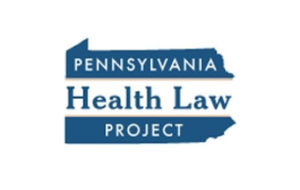 Included in this month’s issue are articles about:
Included in this month’s issue are articles about:
- Changes in the Community HealthChoices program.
- Pennsylvania’s plan for using American Rescue Plan money to address the shortage of health care workers.
- A new enrollment period on Pennie, the state’s new health insurance exchange.
- Medicaid coverage of home COVID-19 tests.
Read about these subjects and more in the Pennsylvania Health Law Project’s February 2022 newsletter.
 General Assembly
General Assembly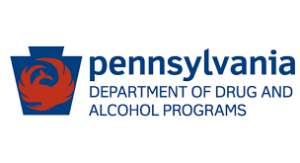 Department of Drug and Alcohol Programs
Department of Drug and Alcohol Programs Stakeholder Events
Stakeholder Events The state House Appropriations Committee began its FY 2023 budget hearings this week. The Senate Appropriations Committee will begin hearings next week. Hearings will conclude on March 17. A complete schedule of the hearings can be found
The state House Appropriations Committee began its FY 2023 budget hearings this week. The Senate Appropriations Committee will begin hearings next week. Hearings will conclude on March 17. A complete schedule of the hearings can be found  Department of Human Services
Department of Human Services COVID-19: By the Numbers
COVID-19: By the Numbers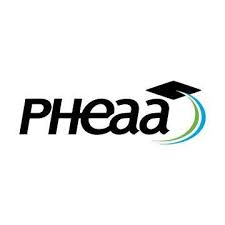 Pennsylvania Higher Education Assistance Agency (PHEAA)
Pennsylvania Higher Education Assistance Agency (PHEAA)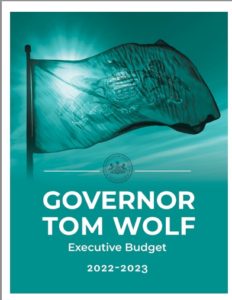 Proposed State FY 2023 Budget
Proposed State FY 2023 Budget General Assembly
General Assembly Department of Health
Department of Health Governor Wolf
Governor Wolf Included in this month’s issue are articles about:
Included in this month’s issue are articles about: General Assembly
General Assembly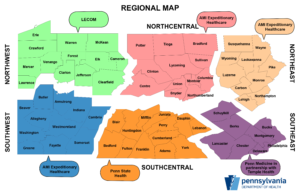 The Wolf administration has announced the creation of the Long-Term Care Resiliency, Infrastructure Supports, and Empowerment program, or LTC RISE, which seeks to give long-term-care facilities “…the support they need to battle COVID-19, recover, and rebuild.” Under the program, long-term-care facilities can pursue improvement projects in the areas of infection prevention and control and emergency preparedness; building a sustainable outbreak response operation; and promoting professional development and a resilient long-term-care facility workforce. The program is funded by a federal grant and replaces the state’s Regional Congregate Care Assistance Teams program, which expired at the end of 2021. Learn more about LTC RISE from
The Wolf administration has announced the creation of the Long-Term Care Resiliency, Infrastructure Supports, and Empowerment program, or LTC RISE, which seeks to give long-term-care facilities “…the support they need to battle COVID-19, recover, and rebuild.” Under the program, long-term-care facilities can pursue improvement projects in the areas of infection prevention and control and emergency preparedness; building a sustainable outbreak response operation; and promoting professional development and a resilient long-term-care facility workforce. The program is funded by a federal grant and replaces the state’s Regional Congregate Care Assistance Teams program, which expired at the end of 2021. Learn more about LTC RISE from  CMS directed state survey agencies in certain states, including Pennsylvania, to begin surveying for compliance with the agency’s November 5, 2021 final rule requiring vaccination of health care staff.
CMS directed state survey agencies in certain states, including Pennsylvania, to begin surveying for compliance with the agency’s November 5, 2021 final rule requiring vaccination of health care staff.